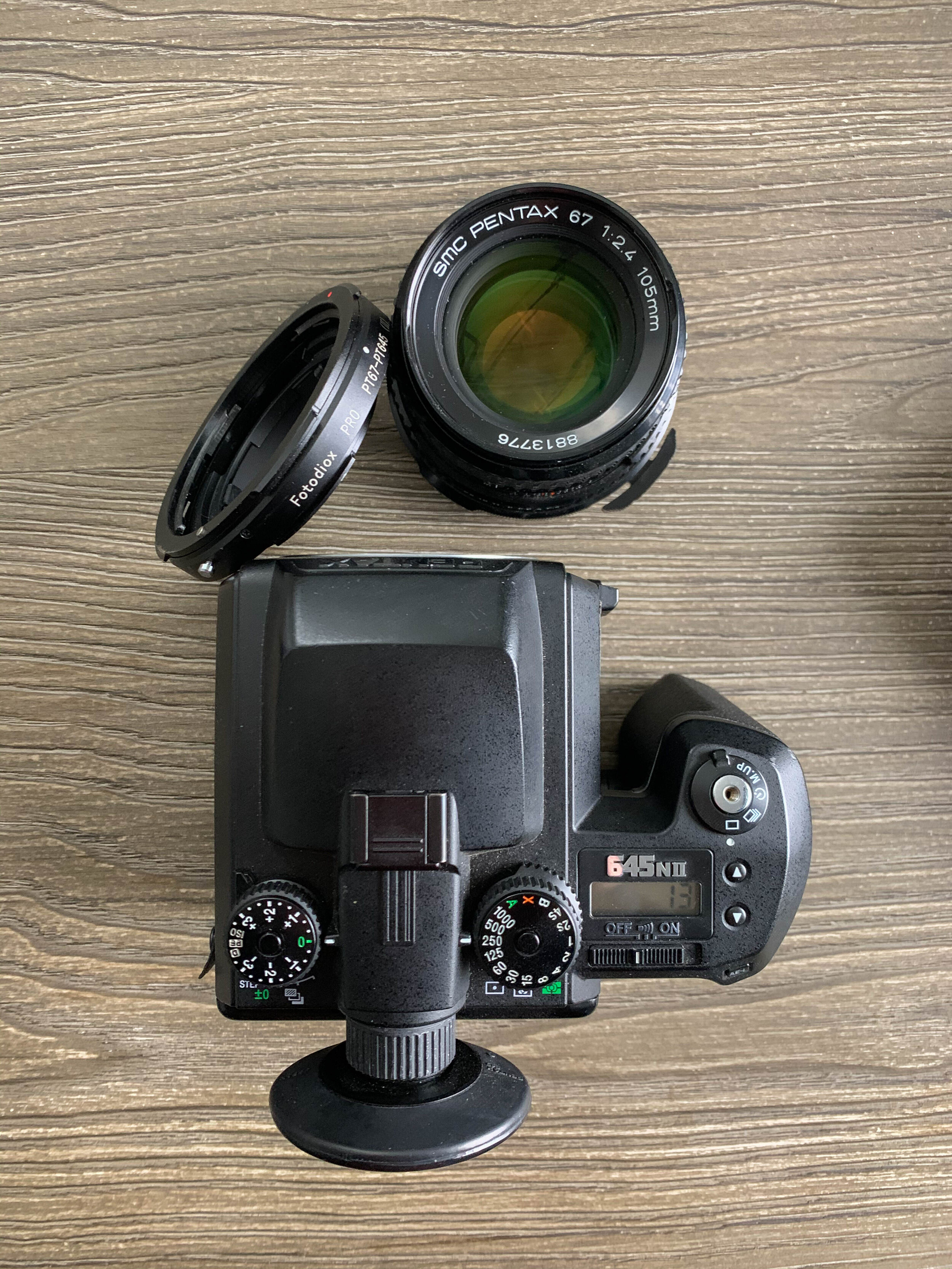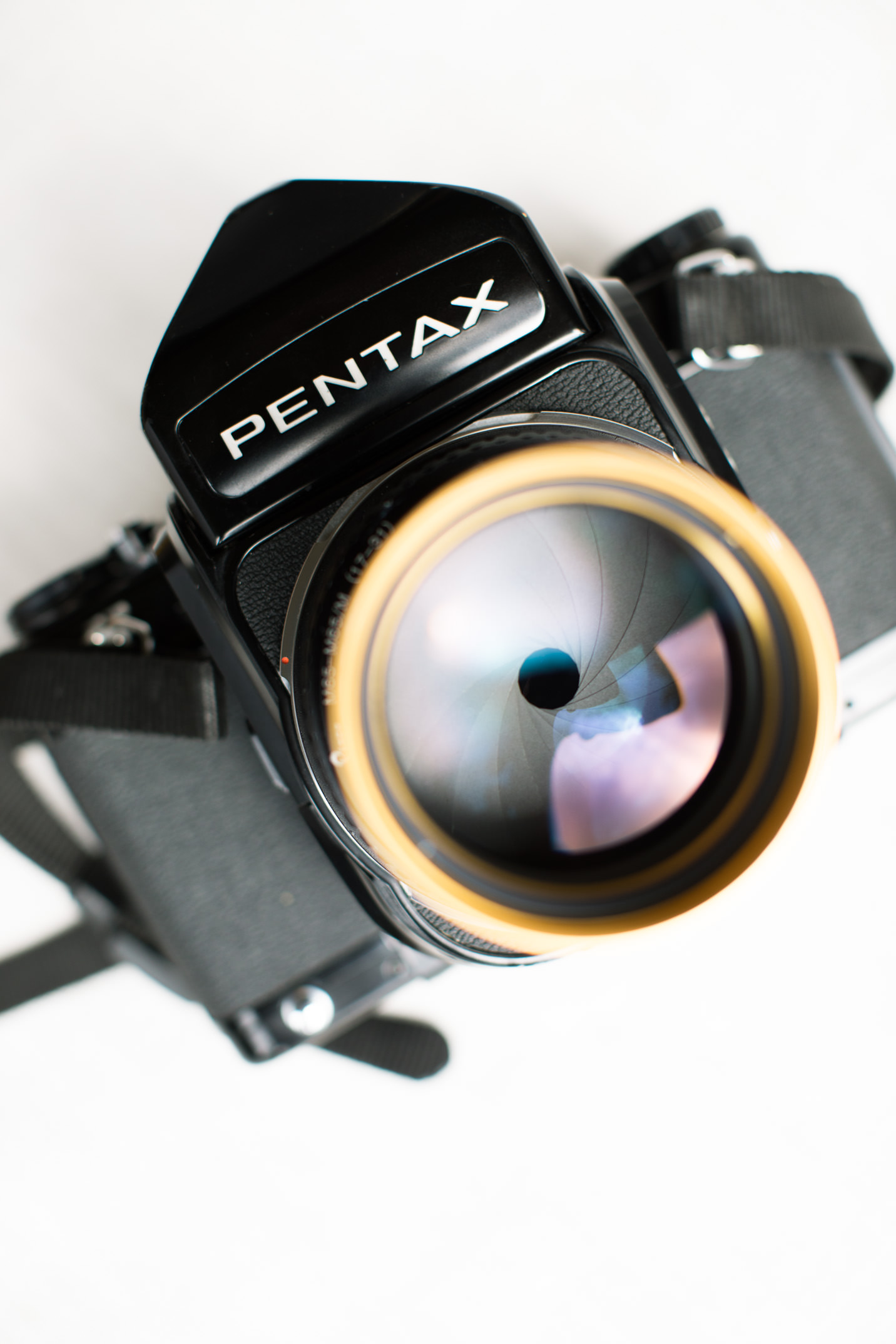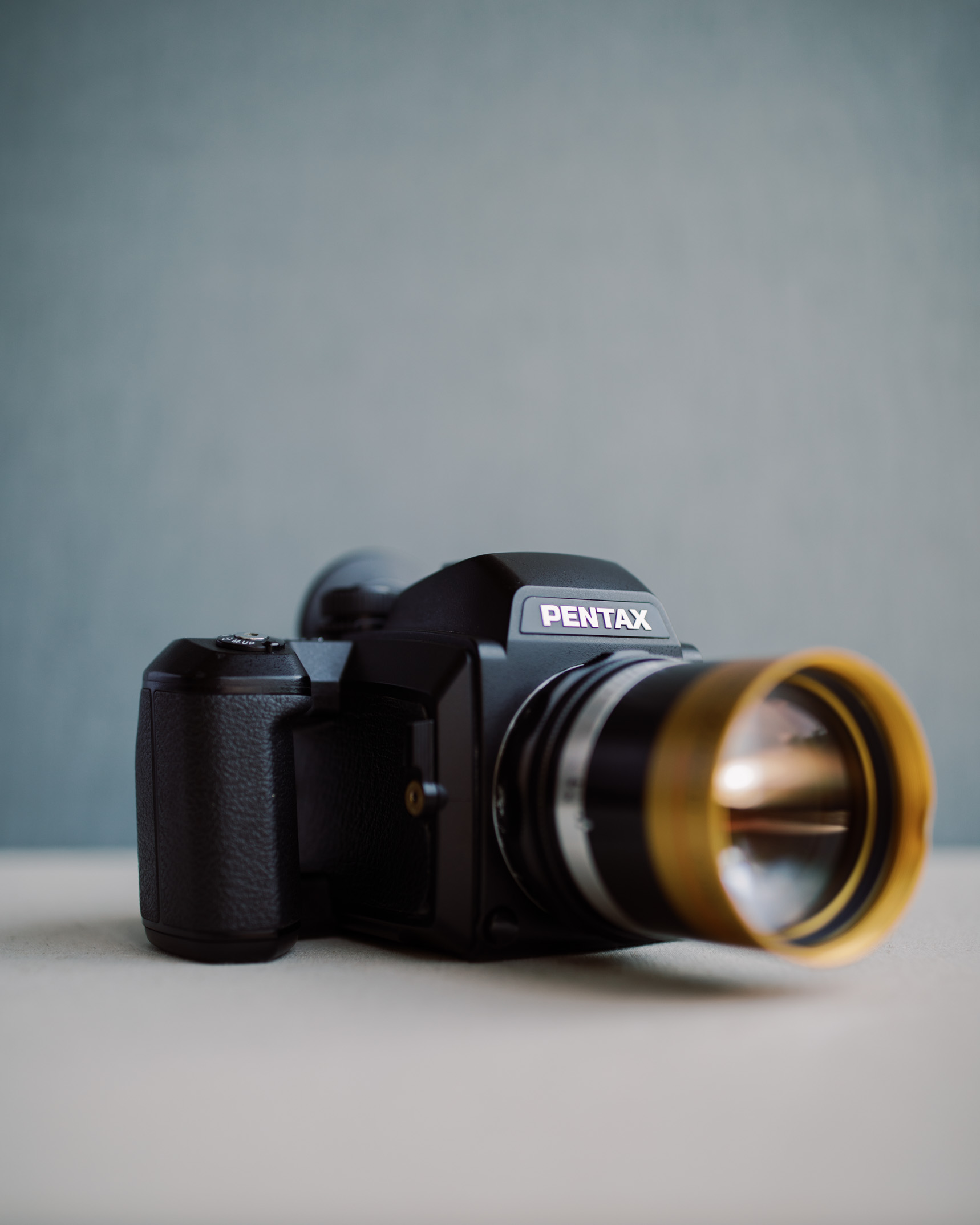Note: This post is part of our "Learn Blog" for photographers. For workshops, coaching, and other resources designed to help grow your skills as a photographer click here (after you read the article, of course)! To be transparent, all links are paid advertising, as a portion of any purchase made while using these links is credited to us. Please, consider using our links to help support what we do! Thank you!
So, we recently posted our review of the GFX 50S and now, shortly thereafter, the pre-order for the new GFX 100 has been announced!
If you’re considering buying one or maybe just wondering if the GFX 100 vs GFX 50 debate is worth it, then we’d love to get that conversation going in the comments!
I should probably qualify this—we’ve been following and researching the GFX 100, looking at example images and developing thoughts, so this is probably more of a “pre-review”. Though we have yet to purchase one, we’d like to make a few comments on why we’re actually tempted, despite owning a GFX 50!
So, have a moment to interact with our GFX 100 pre-review!
Why Buy a GFX 100 Instead of the GFX 50?
As we mentioned in our GFX 50S review, we’re not THAT concerned about megapixels. Cropping is a useful thing in some circumstances, but the need for high megapixels is vastly overrated in our current climate with very few photographers actually making good use of 50mp much less 100mp.
So, in contrast to the megapixels, for us the biggest temptation with the GFX 100 comes from some of the other key differences between the GFX 100 and the GFX 50, namely:
5-Axis, 5.5 stop in-body image stabilization which can lead to amazingly easy, low shutter speed photography compared to the GFX 50 which has no such stabilization
vastly improved video capabilities over the GFX 50
phase-detection autofocus which would provide much snappier autofocusing capabilities, especially with moving objects, such as in the case with sports, children, or other moving objects (e.g., a bride and groom during the recessional)
An improved sensor with 16 bit color, providing better tonal transitions for even better color than the GFX 50
Improved battery life touting 800 shots per charge vs the 400 shots with the GFX 50
What Doesn’t Excite Us About the GFX 100 vs the GFX 50 as Wedding Photographers
Photographers in various niche markets will find different aspects of the GFX 100 as more or even less valuable depending on their needs. For us, as primarily wedding photographers, the pros of IBIS, phase detection, and an improved sensor are great. However, there are a few things that we’re not that pumped about…
Having 100mp, since we really don’t want to deal with thousands of huge files from each wedding day
The higher price-point
That said, there are ways of downsizing images, so having more megapixels isn’t a deal-breaker. So, the biggest and possibly only real drawback of the GFX 100 is its price-point.
So the question arises: “is the $9,999 price tag worth it vs the GFX 50?” With all the improvements of the GFX 100 vs the GFX 50, it has us thinking it is worth it! At least it is if you’re a pro trying to get your tax liabilities down and need something to blow cash on! ; )
Where to Buy the GFX 100
Amazon is selling the GFX 100 and you can support us at no cost to you by using our link!
Conclusion
The GFX 100, or it least its rumors have been stimulating the photo community for some time; it’s a real technological advancement that brings even note amazing features to medium format than the GFX 50 did.
All things considered, the price isn’t that high for having things like IBIS, 16 bits of color, great video, and battery life, among other improvements over the GFX 50.
If you’d like to learn more about the GFX 100 or even place your order, please visit this link to check it out on B&H!
What are your thoughts on the new GFX 100? Why are you excited or even underwhelmed? Do you think the GFX 100 will replace the GFX 50 for many current GFX users?
Please share in the comments below! We’d love to hear from you!















